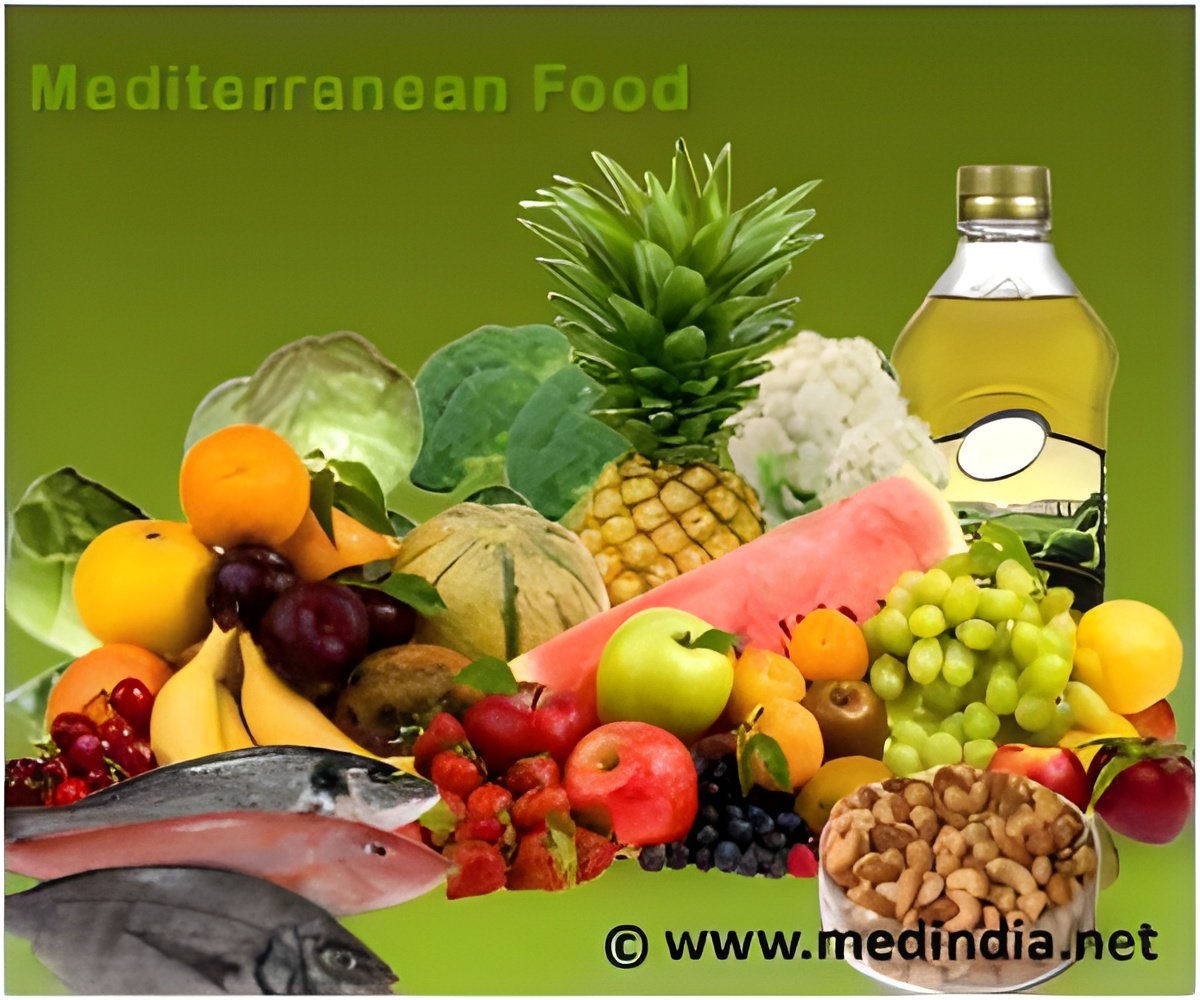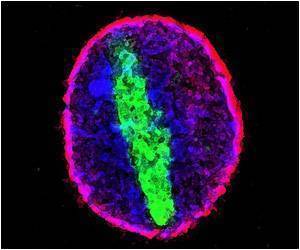Virgin olive oil and fish oil, key ingredients in the famed Mediterranean diet, could prevent cell damage, say University of Granada researchers.

These scientists developed an in vitro experimental model that allows scientist to evaluate how changes in the membrane fatty acid composition in vivo –caused by a change in the type of fat ingested– affect the ability of cells to respond to induced oxidative-inflammatory damage with cerulein (acute pancreatitis).
This is the first study to examine how fatty acids and antioxidants affect the cellular mechanisms that respond to local inflammation in the pancreas. The scientists have evaluated the role of antioxidants from a preventive approach, that is, by using an experimental model in mice in which cell damage is induced after pretreatment with these nutritional components.
The author of this study, María Belén López Millán affirms that “there is increasing evidence that there are oxidative-inflammatory processes involved in the origin of chronic diseases and that diet plays an important role in such processes. The antioxidant (phenolic compounds) and antiinflammatory (omega-3 fatty acids) effects of diet components (nutrients and bioactive compounds) prevent/mitigate the pathological incidence of oxidative-inflammatory processes.”
The author reminds us that the Mediterranean diet has been recognized by the UNESCO as Intangible Cultural Heritage “and it is important to provide scientific evidence that explains its beneficial effects on health.”
The results of this study –which has been coordinated by professors Mariano Mañas Almendros, María Dolores Yago Torregrosa and María Dolores Mesa García– have been partially published in the journal Proceedings of the Nutrition Society.
Advertisement
Source-Medindia














